The Azores Regional Government has awarded incentives for the purchase of 170 electric vehicles and 46 charging stations in the first half of 2022, a number that exceeds the figures recorded in 2021.
Between January and June 2022, support was provided in the Azores for the acquisition of 170 electric vehicles (147 light cars and 23 motorised bicycles) and 46 charging points “for a total amount of more than 423,000 euros”, the regional energy directorate revealed.
These figures exceed the total values of 2021, according to the execution report of the incentives for electric mobility, available on the Azores Energy Portal.
In total, the Azorean executive received 130 eligible applications (67 from São Miguel, 56 from Terceira, three from Pico, two from Santa Maria, one from Faial and one from Graciosa), having allocated around 305 thousand euros.
The incentive allowed the acquisition of “99 light vehicles, 33 charging points, 14 motorised bicycles and one motorised tricycle or quadricycle”.
Segundo o relatório, com a atribuição destes incentivos, “foram evitadas as emissões de pelo menos 149,8 toneladas de CO2”, em 2021.
The system of financial incentives for the acquisition of electric vehicles and charging points in the Azores was amended in early 2021.
The support can reach up to 4 550 euros, if all available supplements are applied, in the case of acquisition of light motor vehicles by individuals.
The purchase of charging points for electric vehicles can be subsidised up to 500 euros.
According to the Regional Director of Energy, Joana Rita, the Azorean Executive “has prioritised policies that aim to reduce the emission of greenhouse gases, simultaneously reducing external dependence on fossil fuels”.
Joana Rita, who participated in an online public session on “Electric Mobility in the Azores – State of Play and New Challenges”, organised by the Regional Directorate for Energy, in partnership with the Portuguese Energy Agency (ADENE), argued that public policies are “especially relevant in the current context” of the world.
The event was preceded by a working meeting with several regional and national entities, where the state of play of the energy transition of regional public transport was discussed.
The European project EMOBICITY, co-financed by the ‘Interreg Europe’ programme, which the Regional Directorate for Energy is part of, was also addressed with a view to improving regional support measures for electric mobility.
Source: Lusa
